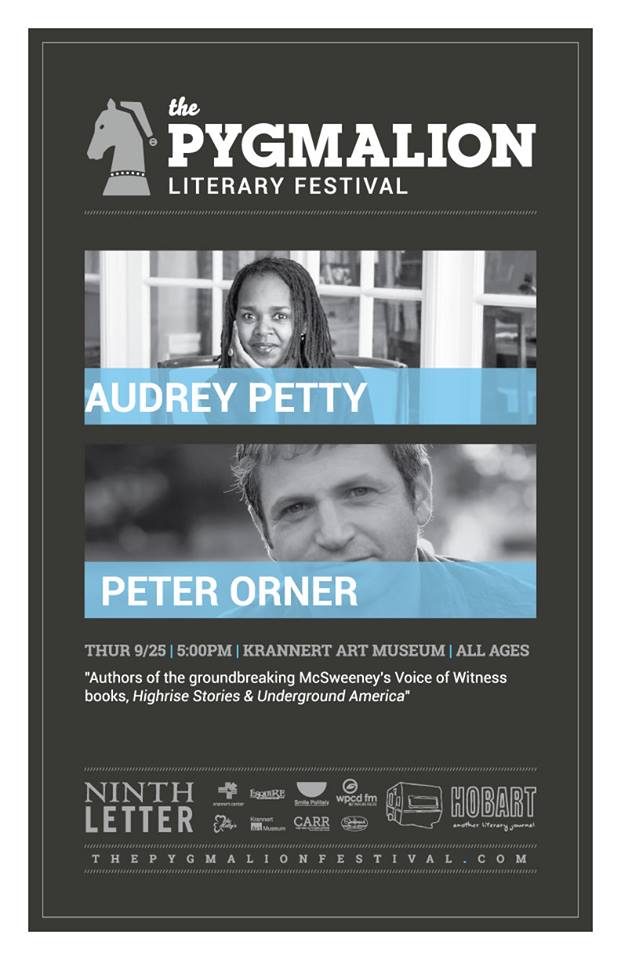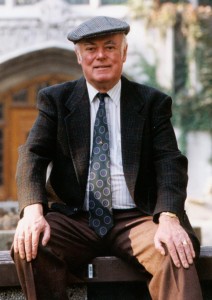The Literatures and Languages Library boasts several new additions in our collection on the works on T.S. Elliott: Gabrielle McIntire (ed.), The Cambridge Companion to ‘The Waste Land’ (Cambridge University Press, 2015). Robert Crawford, Young Eliot: from St. Louis to The Waste Land (New York: Farrar, Straus and Giroux, 2015), and Allyson Booth, Reading The Waste Land from the Bottom Up (Palgrave: 2015). However, the broad public and scholars alike seem to give special attention to a new edited collection of Eliot’s poetry in two volumes of remarkable scale and erudition: T. S. Eliot, The Poems (2015) by Christopher Ricks and Jim McCue (Faber & Faber, 1344 pp.)
We read in The Guardian an overwhelmingly positive review, considering the volume as the most fully scrutinized text of his poems, and calling it a monumental achievement rightly so. Because what struck the reader immediately is the fact that, as expected, the notes, textual history, and commentaries outweigh the pages devoted to the poems themselves. Check the review at http://www.theguardian.com/books/2015/nov/13/the-poems-of-ts-eliot-annotated-text-christopher-ricks-jim-mccue-review.
T.S. Elliott’s works were annotated anyway despite his express wish that critics not do so. At least Christopher Ricks and Jim McCue published T.S. Eliot’s poems from youth as they were selected by the poet himself. In contrast to the previous scholarship of Eliot’s work focusing on his unorthodox views, Ricks and McCue argue that his poetic art, despite its parsimony, continues to speak across decades into the reader’s present with eminence and collective feel. Not that Eliot’s reputation could ever be maligned given the complex modernity of his poems. As Helen Vendler mentioned, the mysterious montage, the fragmentation, the incidental symbolism, all mirrored a Western European society broken by the war and reconstruction from 1915 to 1921 when The Waste Land was published (The Ocean, the Bird, and the Scholar, Essays on Poets and Poetry, Harvard, 2015).
Scholars now concern themselves with a new perspective on Eliot’s work, considering the concept of depersonalization inadequate for understanding his poetry and emphasizing instead passion and feelings that abound in most of his work. Ricks and McCue also describe Eliot’s juvenilia poems as containing buried feelings that will resurface in his later poetry. Thus, shifting the impersonal in his creative acts to the sentimental side in his poems induced a sense of familiarity, strange, enigmatic and full of feelings.



